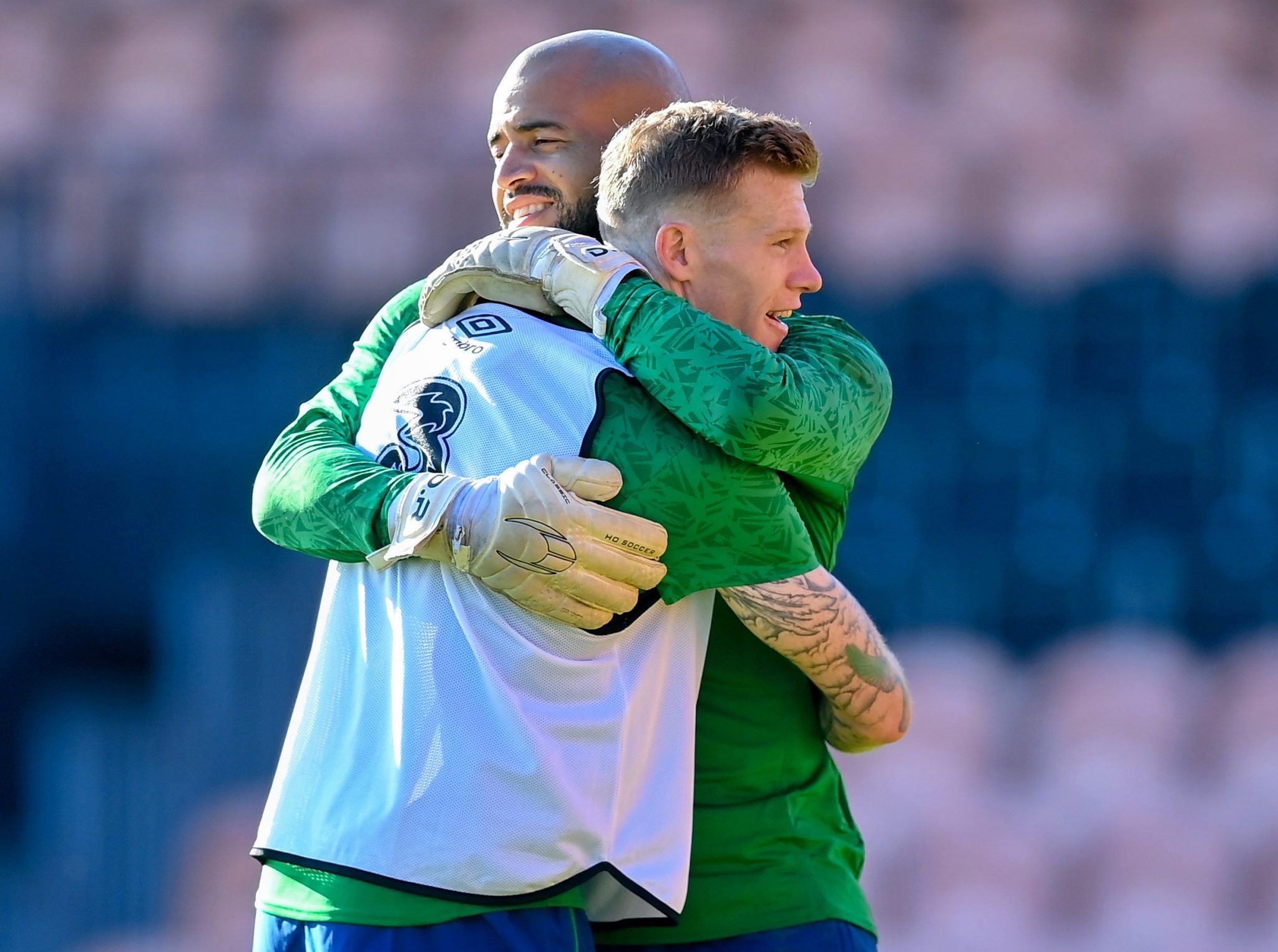With Covid cases soaring, another international break could present football with an avoidable problem
Little over a month ago, as England’s football authorities busily continued to stuff as many fixtures as they possibly could into a short space of time, it started to seem – if only for a brief while – like the penny may finally drop.
A Covid-19 outbreak amongst Leyton Orient’s first team eventually saw their Carabao Cup tie with Tottenham cancelled. That same day, a statement from West Ham confirmed that David Moyes and two of his players had tested positive prior to their game with Hull City in the same competition. It felt like a warning.
With a second wave yet to tighten its grip at the time, the idea that football – no matter how rigorous and watertight its testing systems were – could blissfully tick along unperturbed seemed ambitious at best. Playing every game of every competition in a condensed period of time seemed ludicrous given the circumstances – even before factoring in the injury risks posed to players.
In a world where TV money and contractual obligations with sponsors take priority, it’s no surprise that, weeks later, we find ourselves here: entering the final international break of the year with English football having found a way through a particularly turbulent spell. In fairness (and stripping away the debate over the welfare of the players for a moment), it has to be said that it has done remarkably well to reach this point.
On the whole, nearly every game of every competition has been played, with the systems and protocols put in place holding up sufficiently. Even the return of Europa League and Champions League competition has failed to pose any major disruption to an already hectic schedule.
Meticulous planning and carefully isolating players into their own club bubbles has worked. It has allowed football – albeit with a congested fixture list – to navigate its way through a problem nobody could have foreseen.
With this in mind, it begs the question why, with infection rates soaring across the continent once again, is it deemed so essential to break up these bubbles and have players cast far and wide with their national squads once again?
Only this week, Crystal Palace manager Roy Hodgson questioned the logic in allowing players to leave the controlled environments of their clubs for far-off destinations, with three of his squad set to travel to Africa in the coming days.
“I am a little bit disappointed that players are going to go as far as Africa to play matches,” Hodgson is reported as saying on the club’s official website.
“I don’t know that in this Covid environment in which we live, it is really great news to be sending your players to places like Sudan and Mauritius.”

Sudan and Mauritius are having their own struggles, but what country isn’t? Ireland, who are based in London before their friendly with England, have lost Calum Robinson due to a positive Covid test. Aaron Connolly has picked up an injury in training with his country and is now out for the next few weeks.
As for Denmark, their plans for a friendly encounter have reached farcical levels:
Denmark now missing 20(!) players for their friendly vs Sweden this afternoon. 2 positive tests, 9 self-isolating, 7 UK-based players couldn't travel while Simon Kjær and Daniel Wass are being rested.
Head coach and assistant coach aslso quarantining.https://t.co/2rlge9bxjR
— Lars Sivertsen (@larssivertsen) November 11, 2020
Even with England in the grips of Lockdown 2.0, there are no imminent plans to halt the Premier League as happened in the spring. This is the case in most of Europe’s premier domestic leagues and is entirely down to the successful procedures in place. So why jeopardise it?
Would this Covid world in which we find ourselves really have cared too much if the Uefa Nations League – a competition still in its relative infancy – was shelved for a while? Is there really such a desperate need for England to find a way to play their game with Iceland in Albania, or hastily arrange a friendly with the Ireland in place of New Zealand cancelling the originally scheduled game?
The answer to all of these questions will, to an extent, inevitably come back to money. It’s only right to point out that some national federations rely on the finances generated by international fixtures to operate their own domestic leagues. Not all have the luxury of being propped up by multi-hundred-million-pound TV deals.
But with a vaccine potentially on its way in a matter of weeks and genuine light at the end of the coronavirus tunnel, it is reasonable to ask if postponing this international break until a later date would have been a logical decision to avoid further knock-on effects domestically. At the very least, it is pertinent to wonder why football has blindly ploughed on, seemingly without any semblance of a contingency plan in place.
Given the context of the wider world at this moment in time, it is difficult to argue that this is an international break that needs to happen. In going ahead, it risks generating avoidable problems for domestic football in the weeks to come, and undoing much of the hard work which has allowed football to continue in relative normalcy over recent months.



































